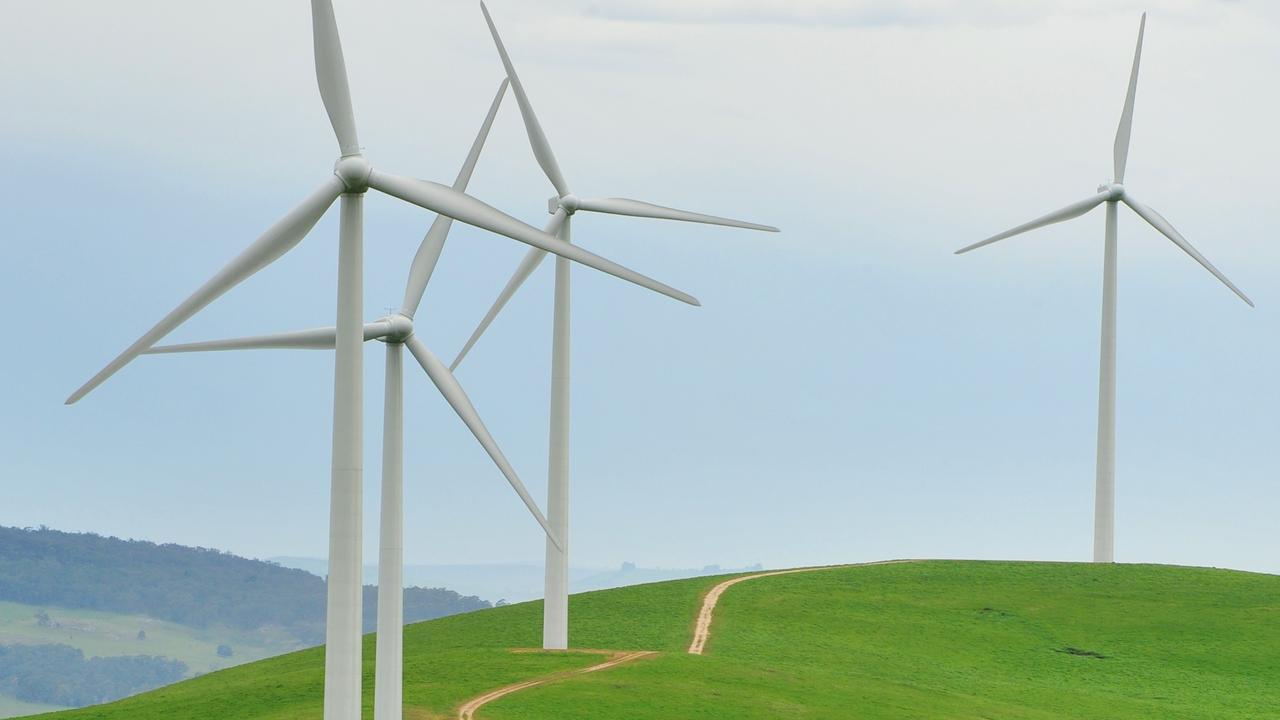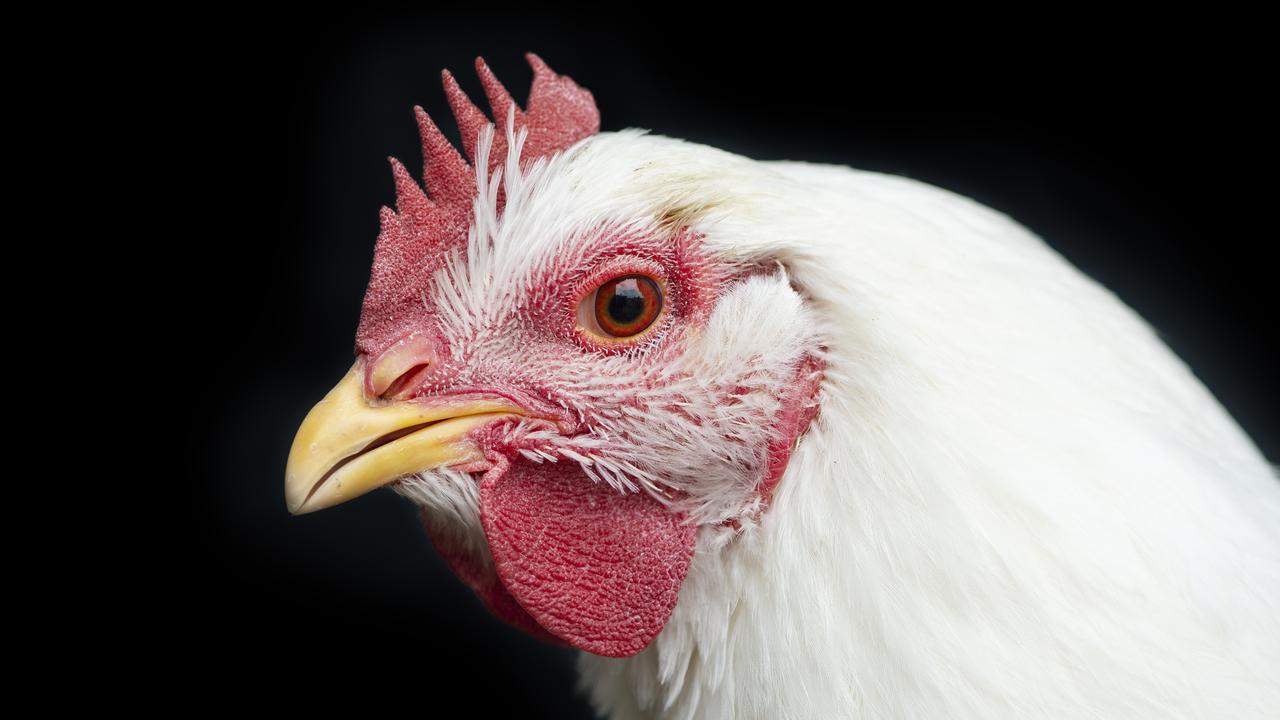Food-supply crisis: Victorian Farmers Federation slams slow action on worker shortage
VFF president Emma Germano hits out at the initial government response to industries decimated by Omicron, as food supply dries up.

Producer fears are mounting about the economic fallout of a food-supply worker crisis, as a backlog of lambs, pigs and chickens unable to be sold swell on farms.
The rapid spread of Covid has slashed workforces at meat processing plants, reduced slaughter rates, forced supermarkets to cut or cancel fresh produce orders and left shelves bare.
State and federal governments this week responded to the severe staff shortages by announcing exemptions to Covid isolation rules for workers in the food processing and distribution industries.
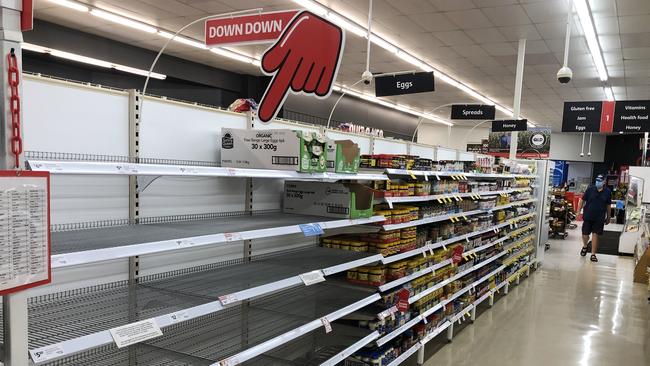
Starting from 11.59pm tonight, close contacts who are asymptomatic can return to essential work in the food-supply sector without isolating as long as they take daily rapid antigen tests for five days and return a negative result before attending work each day.
Victorian Farmers Federation president Emma Germano said the move was “too little, too late” for producers, who were already seeing price disruption, losing orders and using biosecurity contingency plans to manage greater numbers of animals on farms.
“Both federal and state governments were so well warned that this was an impending disaster. All industry’s requests for a meaningful reopening plan seemed to fall on deaf ears,” she said.
“We are at least a few weeks out from seeing this problem rectified. It puts so many businesses under pressure along the supply chain, particularly farmers who are often left carrying the buck.”
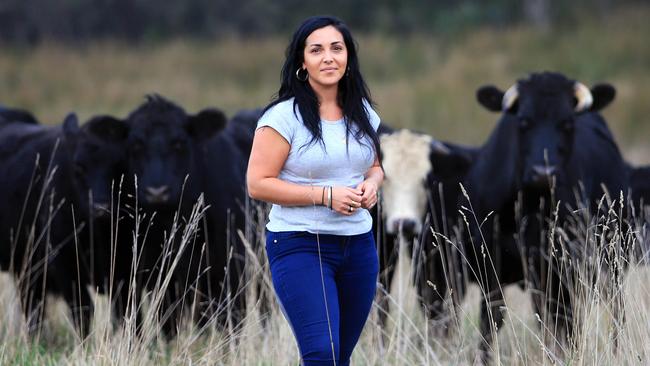
The rapid spread of Covid has reduced slaughter throughput and forced some meatworks to close for days.
Radford Abattoir commercial manager Paul Scanlon said the Warragul meatworks had been operating at 75 per cent capacity for the past seven days, processing 500 cattle and about 1800 lambs over the week compared to an expected 700 cattle and 2000 lambs.
Mr Scanlon said the situation was changing by the day, but currently the site had 25-30 per cent of its production team off.
He expected disruption would continue for months.
“We are seeing three to four positive cases a day at the moment,’ he said. “If that trend continues, we may get to a point where we can’t run our floors.”
On Friday, Radfords did not have capacity to process beef.
Mr Scanlon said the slowdown was making farmers hesitant to send livestock to market.
“They are aware processors aren’t at full production,” he said. “They are concerned they won’t get their full price, so they are holding them back.”
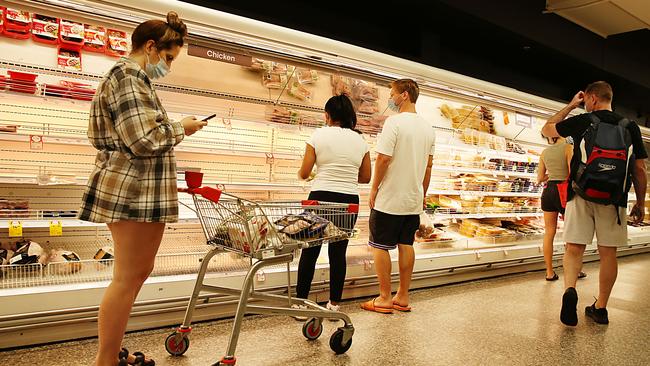
He said beef supply was tight already, so prices probably wouldn’t take a hit, but larger-than-normal lamb yardings could be a concern for producers.
The industry has already started to see evidence of depressed lamb prices.
Normally huge summer yardings were halved last week, with sheep and lambs down by $10-$30 at some markets, including Wagga Wagga. Bendigo’s Monday yarding amounted to just 8000 sheep, far fewer than its expected 14,000 for this time of year.
The processing slowdown has also prompted some agents to cancel market fixtures.
According to the Corowa Associated Stock Agents, a sale planned to run on Monday was cancelled due to the “shortage of numbers and also buyers”, as several major meatworks were not processing.
Meanwhile, the situation was more dire in the chicken-meat sector, with most processors running with just 15-40 per cent of their required staff, according to peak body Australian Chicken Meat Producers.
ACMF executive director Dr Vivien Kite said businesses were trying to maintain volumes by reducing the range of products they created.
Transport was a huge pinch-point for poultry.
“The shortage of transport drivers is becoming increasingly problematic,” Dr Kite said.
“It is reaching the point where chicken suppliers have no other option than to cancel and cut back orders.”
Pork producers were also under the pump.
VFF pigs president Tim Kingma said some farmers had reported processors were able to take just half of their normal volume of pigs last week.
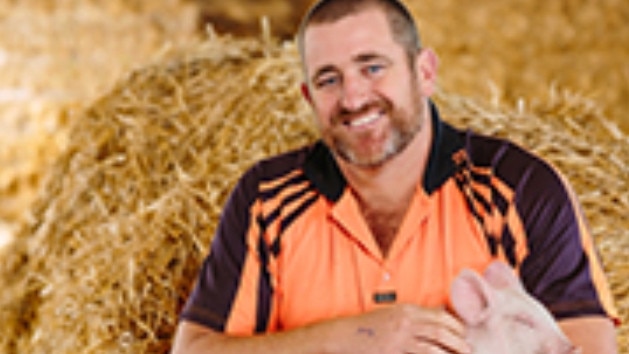
His Echuca operation sent 20 per cent fewer animals for processing, due to staff shortages at the boning and butchery supply stage.
“We hear about food shortages, but we’re not short of the meat,” Mr Kingma said. “We’re not short of the animals. What we are short on is getting the animals to the plate.”
Mr Kingma said spare on-farm capacity would quickly become exhausted if the slowdown lasted more than two weeks.
He said the industry welcomed the exemptions for close contacts.
Ms Germano said the announcement was needed, but came with another stab in the back for industry: a mandate that all eligible workers must have their third vaccine booster by February 12 to continue working.
“For our calls for isolation rules to be adjusted in order to keep the supply chain running to be responded to by the Victorian Government with an announcement of a further vaccine mandate shows how unbelievably out of touch this government is with people, supply chain and pandemic management.,” Ms Germano said.
The Australian Meat Industry Council chief executive Patrick Hutchinson said availability of rapid antigen tests for food-supply workers was another problem government needed to urgently solve.
“The issue of access to free or low-cost RATs for our industry which is deemed critical, and prioritised PCR testing and turnarounds, remains a challenge to be addressed by government, and we will be continuing discussions on this,” Mr Hutchinson said.



